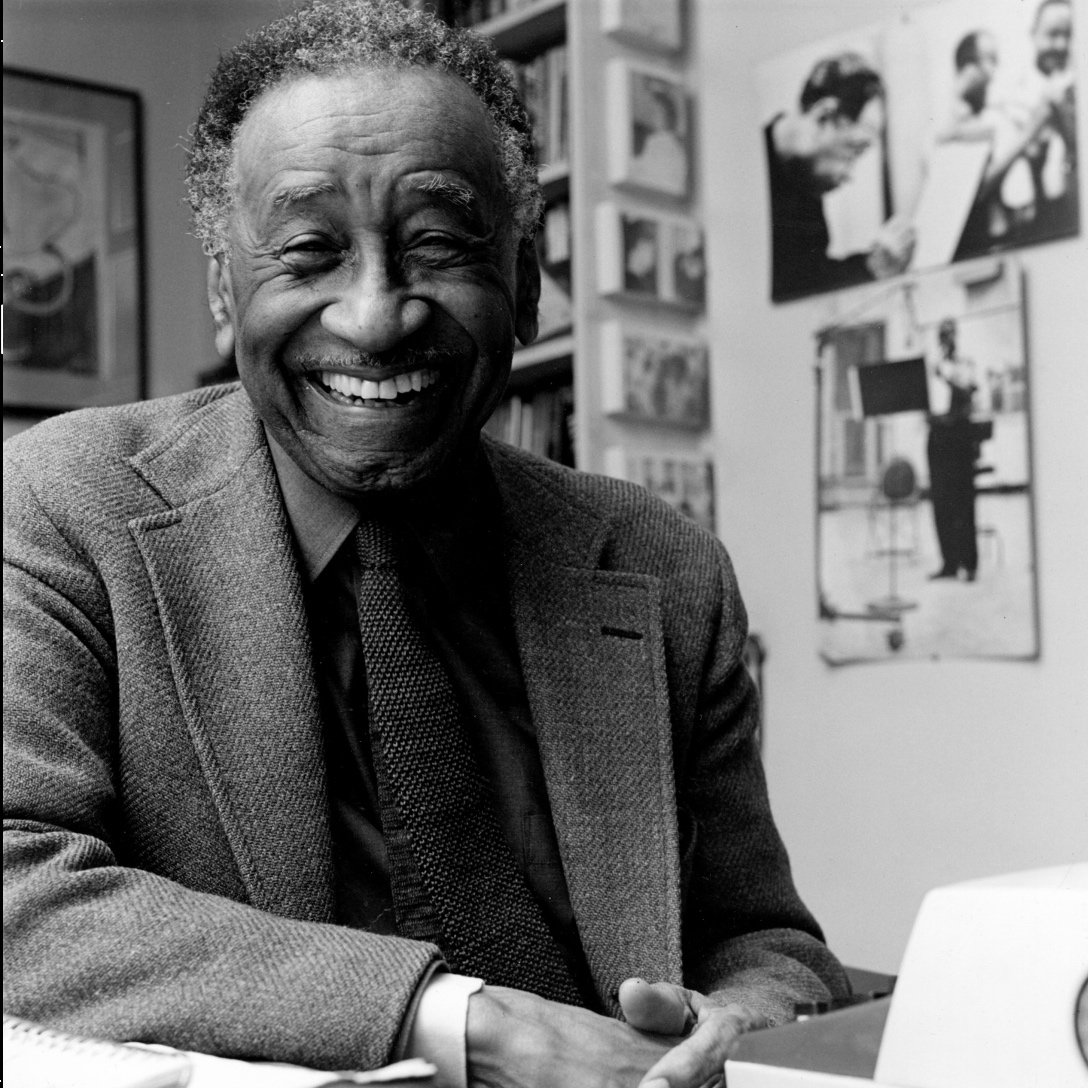Is Jazz a Model of Political Action?
To consider jazz as model or blueprint for political action, one must investigate the role and function of metaphor. As a fundamental aspect of human language, metaphor allows us to poetically connect subjects and objects to evoke meaning. For example: “I am feeling blue.” “She broke my heart.” Neither statement is literal, but we all know what such metaphorical language means.
Metaphors help us expand the vistas of our imagination and extend our horizons of aspiration.
In Finite and Infinite Games: A Vision of Life as Play and Possibility, the late James Carse wrote that “Metaphor is the joining of the like to unlike such that one can never become the other. . . At its root all language has the character of metaphor, because no matter what it intends to be about it remains language, and remains absolutely unlike whatever it is about.”
The play of metaphor allowed Stanley Crouch to relate the blues and jazz to the Constitution in essays such as “Blues To Be Constitutional” and “Blues to Be Redefined.” The beauty of metaphor lends democratic resonance to Ralph Ellison’s description: “Metaphor is an indispensable linguistic device for making unities of diversities.”
Our short foray into metaphor helps us comprehend Albert Murray’s declaration in “Antagonistic Cooperation in Alabama”:
The metaphor represents how we feel about whatever facts and figures are used to describe or define the concrete circumstances of our existence wherever we are. And how we feel adds up to our outlook or horizon of aspiration, which is the source of our incentive or lack of incentive.
—Albert Murray
And to connect our theme to particle physics, as Murray told writer and editor Calvin Reid in 1996, “Life is just particles and waves until we make a story out of it. Until we can get to a metaphor it doesn’t mean anything.”
In case that you might think we’ve ventured too far afield from the title of this short post, let’s bridge physics and jazz and then circle back to politics.
To do so, we’ll need to bring in analogy. Both analogies and metaphors exist in the realm of poetry, or, perhaps better, poiesis, creativity in emergent motion.
Such creative use of language is why physicist Stephon Alexander could relate music and jazz to the very structure of the universe in his pathbreaking work, The Jazz of Physics. But for Alexander, the connection between music and the universe was more an analogy than a figure of speech such as a metaphor. “Key to innovation and theoretical physics is the power of analogical reasoning,” he writes in the introduction. “In this book, I will show how the art of finding the right analogies can help us break new ground and traverse the hidden quantum world to the vast superstructure of our universe.”
Albert Murray’s Frustration with Black American Leaders
Albert Murray, whose birthday is this week on May 12th, with his heroes, Duke Ellington and Louis Armstrong, over his shoulders.
In South to a Very Old Place, Murray’s second book, published in 1971, there’s a significant moment in the penultimate chapter, titled “New Orleans, Greenville, Memphis,” a moment where Murray muses about the contributions and limitations of Rev. Dr. Martin Luther King Jr.’s politics of “moral outcry.”
Murray was in Memphis, Tennessee on Beale St., in front of the park named for W.C. Handy, the man who codified the blues in such turn-of-the-20th-century compositions as “St. Louis Blues” and “Memphis Blues.” Although the physical landscape at that moment could be described as rundown, Murray’s mind extended past all that to what “Beale Street symbolizes for you in spite of all the shabbiness, some of which was always there anyway: Music for good times earned in adversity. A soundtrack for an affirmative life-style riffed in resilient blue steel from the least congenial of all American circumstances.”
He continues: “If you could only find a way to make enough civil-rights spokesman and leaders realize that there is an immediate and fundamental connection between all that and the sociopolitical objectives to which you and they . . . were eternally committed.”
A few paragraphs later:
If you could only get enough spokesmen and leaders to consider the possibility that the dynamics inherent in the blues idiom might be extended further than King was able to take those derived from the downhome church. Not that you did not celebrate the effectiveness of King’s methods, as far as they went. But as a political device they were limited as all moral outcry is bound to be limited. So what you hoped was that the blues idiom, being of its essence a SECULAR form of existential improvisation, could produce something better.
—Albert Murray
Young Cultural Lights Shining in the Darkness
Last week, the Braver Angels organization’s podcast, hosted by its National Ambassador, John Wood Jr., featured a young candidate for Senator of the state of Wisconsin, Steven Olikara. Here’s the description on the show’s webpage:
“U.S. Senate candidate Steven Olikara has already had an impact on American democracy. He’s the founder of the Millennial Action Project, a nonprofit that works with young policymakers on both a national and state level to bridge the partisan divide and spur collaborative legislation.
But is that the type of attitude that can get you elected to Wisconsin’s U.S. Senate seat in today's divided America?
In this first-ever candidate interview on The Braver Angels Podcast, Steven Olikara gives us the backstory of his relationship to democracy through his love of jazz, his work in the field of depolarization, and his experiences on the campaign trail.”
We invite you to take a listen to this inspiring conversation in which, within the first ten-minutes, Woods reveals that he and Olikara are both musicians, and even mentions yours truly and the Jazz Leadership Project. Whereas political leaders in the immediate aftermath of the civil rights revolution didn’t show awareness of the political utility of the metaphor and analogy of the blues idiom, of which jazz is the most profound musical example, two young leaders in the movement to depolarize America are most certainly aware.
This development would have made Albert Murray smile.


